Namibia denies hiding Kabila
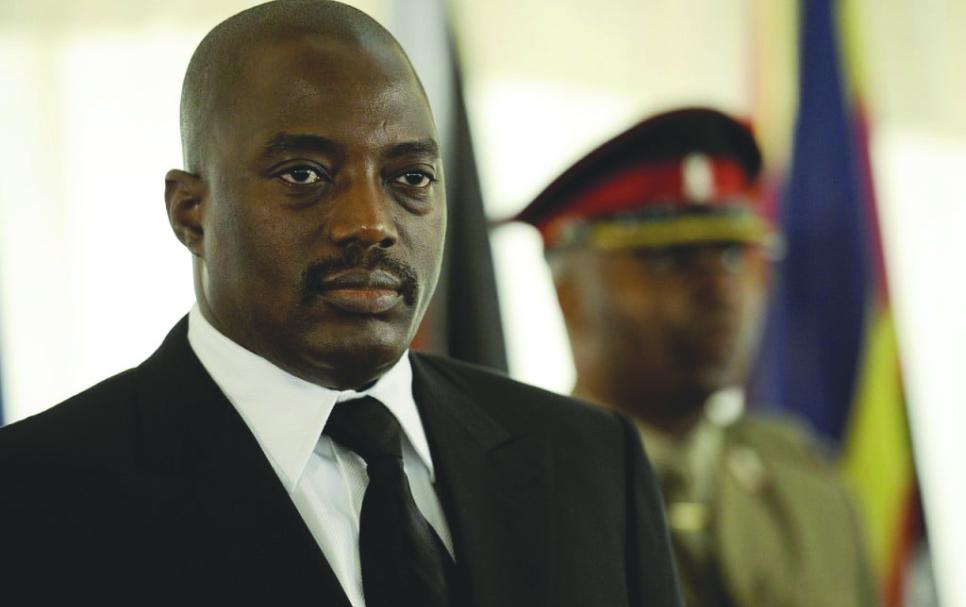
By Stefanus Nashama
The Namibian government has denied hiding wanted former Democratic Republic of Congo’s (DRC) President Joseph Kabila, who is facing death penalty in his home country for war crimes charges related to his ties to the M23 rebel group.
However, Confident has it on good authority that Kabila owns a mansion in Windhoek's Brakwater area said to have been bought from businesswoman Martha Namundjebo-Talihun.
Confidente visited the said property and spoke to two clearners who were unable to desclose the whereabouts of Kabila, stating that they only started work on Thursday. The property is situated approximately 1km from the B1 highway, among Brackwater's restricted and private owned farms. At the gate stood a guard from My Spy security company and a male cleaner believed to be in his late 40s.
Meanwhile, Ambassador Penda Naanda, executive director in the Ministry of International Relations and Cooperation, said the ministry has no knowledge of Kabila’s presence in
Namibia.
“The ministry wishes to clarify that the movement of former heads of States into Namibia is communicated through diplomatic channels and no such request or notification has been brought to the attention of this ministry,” Naanda said. On whether Namibia will comply with a request to extradite Kabila in the event of the a formal request, Naanda said: “Namibia, as a signatory to international treaties on mutual legal assistance and extradition, would address any formal requests in line with the Constitution, domestic laws, and international obligations.”
He stressed: “No such request or communication has been received from the DRC, as the former President is not in Namibia.”
He further noted that the ministry is not aware of any high-profile figures residing in the country.
FINANCIAL LINKS
Despite the denial, Kabila has long been connected to Namibia through business networks and property ownership. In 2017, local media cited banking records showing that Samaki Fishing Enterprises, a Namibian company owned by Namundjebo-Tilahun and her husband, Haddis Tilahun, received N$516 million from a frozen food company in the DRC linked to Kabila. The payments, made between 2013 and 2017, reportedly represented nearly a quarter of at least N$2.2 billion siphoned from the Congolese treasury through companies tied to Kabila’s inner circle. Evidence suggested that very little of the money was actually used to deliver services or products.
The funds were said to have originated from Egal, a tax-exempted company formed in 2013 by businessmen close to Kabila. Sources have also alleged that Kabila owns several residential properties in Namibia, including a mansion in Windhoek’s Brakwater area. Attempts to obtain comment from Namundjebo-Tilahun were unsuccessful, while her lawyers requested for an email address to presumably respond to questions in writing. This did however not happen at the time of going to print.
RISE AND FALL
Kabila, who ruled the DRC from 2001 to 2019, is being tried in absentia on charges of war crimes, murder, rape and treason.
He assumed office at the age of 29 following the assassination of his father, Laurent Kabila. His presidency was marked by controversy after he extended his mandate by delaying elections for two years beyond his constitutional term, which ended in 2017.
The DRC’s public prosecutor has formally requested the death penalty against him, alleging he supported Rwanda-backed M23 rebels who have seized key cities and towns in the country’s east in recent months.
After stepping down, Kabila lived in self-imposed exile from 2023 until resurfacing in April 2025 in the rebel-held city of Goma, following a rapid M23 offensive.
While the Congolese government accuses him of complicity in atrocities, Kabila’s allies maintain that the charges are politically motivated, describing the trial as an attempt to neutralize him as a political force.
His senatorial immunity was lifted in May, and his current whereabouts remain unknown in his country.
CALL FOR CAUTION
Political commentators have weighed-in on the matter with Ben Mulongeni, saying it would not be unusual for Namibia or any other country to offer political asylum.
“Offering political asylum to anyone does not mean Namibia supports what the person is being prosecuted for. You cannot send back a person who is running from the fire. If it is true that Kabila is here, we need to save his life,” Mulongeni said.
He argued that prosecutions for political crimes are often subjective, warning that governments can use the justice system to target opponents.
“If the current government prosecutes you for political reasons, that becomes political asylum and you have the right to save your life. The moment you are oppressed by the current government, you become a terrorist,” he added. Mulongeni stressed that Kabila deserves protection until the case is heard fairly from both sides.
Another analyst, Rui Tyitende, noted the historical ties between Namibia and the DRC and urged authorities to tread carefully.
“When Kabila was president, there was no stability in the east, and he had a close relationship with Rwanda. Whether he is here or not, no country should interfere in another country’s affairs. There is a need to establish all protocols for him being here,” Tyitende said. He further suggested that the Ministry of Justice and Labour relations should clarify its legal stance on the matter to ensure Namibia does not appear to be meddling in DRC’s internal politics.
- 533 views


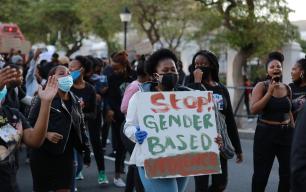
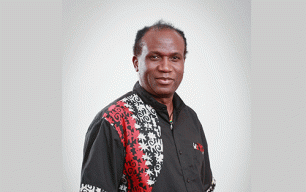
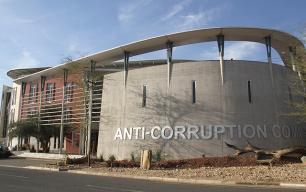
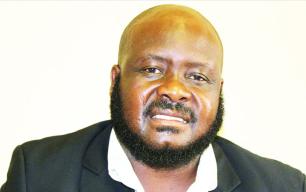
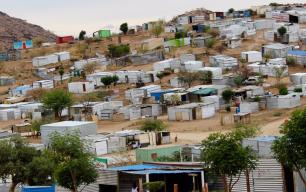

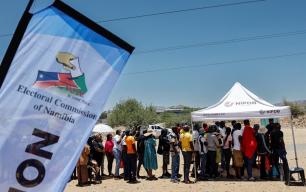
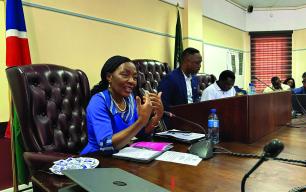
Comments